Despite an apparent surplus after the June 29th launch, iPhones have largely been sold out at AT&T shops and have also run out at some of Apple's own outlets.
Various allegations have been made online, however, that suggested each of AT&T's more than 1800 official stores received relatively few of the devices versus their Apple counterparts, making them more likely to run out from the beginning. Apple has so far declined to say how many units had passed through its doors, and said only that it had seen "a lot of excitement and buzz" at its 162 US shops, according to a company spokeswoman.
Apple supply, in turn, had initially been healthy but was also set to run low over the course of the weekend. The firm's web-based availability tracker initially reported all American stores as having stock on hand by the end of Friday evening but is now showing signs that its own retail branches are feeling the effects of strong initial demand.
California was the hardest hit by the first wave of customers, according to the charts. Outlets in the Los Angeles and San Francisco regions have cleared nearly all of their iPhones, with the Bay Area's stock having reportedly emptied its backrooms particularly quickly.
"The Burlingame Apple Store went through two shipments of iPhones this morning, selling out by 10:30AM," said Scott Beale of art promo house Laughing Squid. "I was able to get there just in time."
Parts of Hawaii and Texas were also reporting iPhone droughts as of Saturday night, while certain major cities such as Atlantic City, Las Vegas, Miami, and Oklahoma City similarly claimed to have exhausted their supplies.
 Aidan Malley
Aidan Malley

 Mike Wuerthele and Malcolm Owen
Mike Wuerthele and Malcolm Owen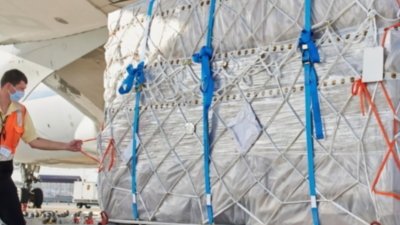
 William Gallagher
William Gallagher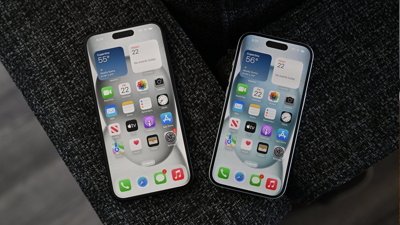
 Malcolm Owen
Malcolm Owen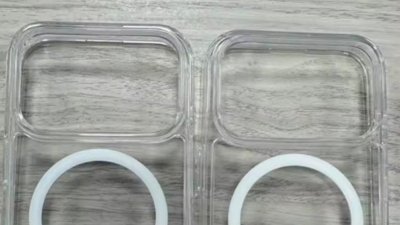

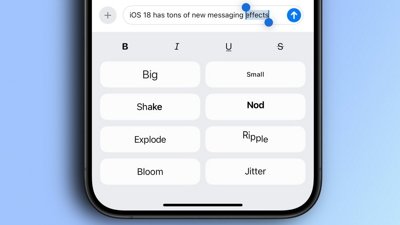
 Oliver Haslam
Oliver Haslam
 Amber Neely
Amber Neely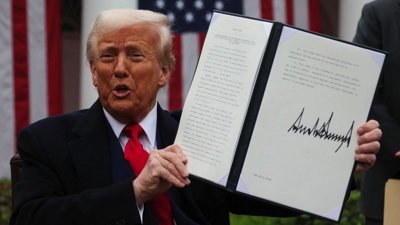










79 Comments
http://www.apple.com/retail/iphone/
That perhaps explains why, in the mall where I got my iPhone at the Apple Store (AS), there were about 300 people lined up outside the AS, but barely a handful outside the ATT store upstairs! And, as far as I could tell, not one person left the Apple line to go to the ATT line.
Smart thinking, I guess, since all of those waiting in the Apple got theirs on Friday evening -- the process was managed in a very civilized, calm way, with Apple even handing out free bottles of water to those waiting in line. I was probably #250 in line, and I got mine at 6.45 PM. (I don't know about the ATT store).
Btw, did I mention that this product justifies every bit of its hype? If 'crackberrys' were addictive, I have a feeling this will end up requiring AA (Apple-oholics Anonymous)!
This is perhaps an obvious one, but still one, nonetheless, that Apple should have reiterated for the average buyer: You not only have to have the latest version of iTunes installed (7.3?), but you must also be online. O/w, the purchase is a bust when you get it home (unless, of course, you took it right away to an ATT store to get it activated).
Smart thinking, I guess, since all of those waiting in the Apple got theirs on Friday evening -- the process was managed in a very civilized, calm way, with Apple even handing out free bottles of water to those waiting in line. I was probably #250 in line, and I got mine at 6.45 PM. (I don't know about the ATT store).
Numbr 250 after 45 minutes you say. Did you see many people buying 2 iPhones? Did tehy mention any supply constraints of the 4 or 8GB models?
I'm trying to figure out how many iPhones the Apple stores received to then determine how many have been sold. From the comments, articles and blogs I've read it appears that there was at least 400 or 500 units per store.
I think the 25 or so per AT&T store sounds about right but I can't figure out the Apple Store figures. If I were in the country I'd call a couple Apple Stores and inquire.
The sys requirements are available as with any Apple product listing. While I can appreciate how this information can be overlooked, it is nonetheless, printed on the box.